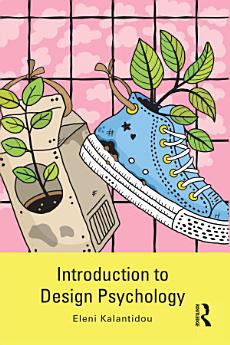Introduction to Design Psychology
Tungkol sa ebook na ito
Introduction to Design Psychology contests this approach by proposing an ideological framework for an intentional, joint endeavour between psychology and design. Intentional design psychology is presented as a critical proposal grounded in unpredictability, nominating ways to activate new production, consumption, and habitation patterns. It unfolds through chapters exploring urban environments, technology, and consumer culture, making evident the need for new definitions of social resilience and adaptation. As part of this process, adaptive designs that enable resilient psychologies are revealed. By challenging the disciplinary status quo of psychology and design, this book aims to activate a new field of knowledge.
Introduction to Design Psychology is essential for psychologists, designers, and urban planners, as well as professionals from affiliated fields, willing to reconfigure their own thinking and practice.
Tungkol sa may-akda
Eleni Kalantidou is a design psychologist, strategist, researcher, and senior lecturer at Griffith University, Australia. Her research activities are focused on environmental and social resilience, design strategy, social impact, and social innovation. Kalantidou’s research on repair, community-led behavioural change, resilience, and adaptation has been published in books and journals and funded by grants and consultancies. As a researcher and consultant, she has collaborated with various international, national, and local non-governmental organisations, as well as the public sector.





